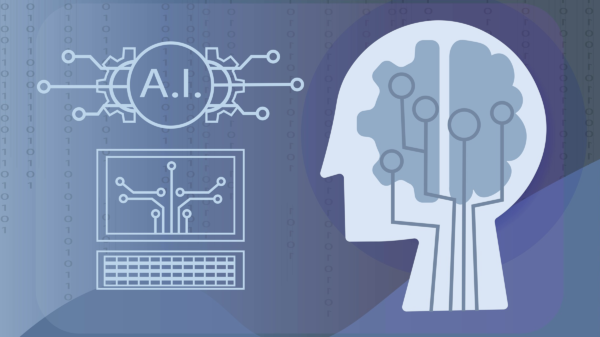Healthcare is an ever-evolving field, constantly driven by advancements in technology and innovative solutions. In recent years, there have been remarkable breakthroughs and technologies that have revolutionized global health. These innovations have the potential to improve healthcare outcomes, enhance patient experiences, and transform the way we approach healthcare on a global scale.
Innovations in Telemedicine
One of the most significant advancements in global health is the rise of telemedicine. Telemedicine enables healthcare professionals to provide medical consultations and treatment remotely, using telecommunications technology. This breakthrough has opened up new possibilities for patients in remote areas, allowing them to access quality healthcare without the need for travel.
Telemedicine has also proven to be invaluable during times of crisis, such as the recent COVID-19 pandemic. It has allowed healthcare providers to continue delivering care while minimizing the risk of exposure for both patients and medical staff. With the help of telemedicine, patients can receive timely medical advice, prescriptions, and even monitor chronic conditions from the comfort of their own homes.
Artificial Intelligence in Healthcare
Artificial Intelligence (AI) has made significant contributions to the field of healthcare. AI algorithms can analyze vast amounts of medical data, identify patterns, and make predictions that aid in diagnosis and treatment decisions. This technology has the potential to improve accuracy and efficiency in healthcare, leading to better patient outcomes.
AI-powered chatbots and virtual assistants have also become increasingly popular in healthcare settings. These virtual companions can provide patients with information, answer their questions, and offer support. They can also assist healthcare professionals by automating administrative tasks, freeing up time for more critical patient care.
Genomic Medicine
Genomic medicine is another area where breakthroughs and technologies have had a profound impact on global health. The study of an individual’s genetic makeup allows for personalized medicine tailored to a person’s unique genetic profile. This approach has the potential to revolutionize the prevention, diagnosis, and treatment of diseases.
Advancements in genomic sequencing technologies have made it faster and more affordable to analyze an individual’s DNA. This has led to breakthroughs in identifying genetic markers for diseases, predicting disease risks, and developing targeted therapies. Genomic medicine holds great promise for improving patient outcomes and reducing healthcare costs.
Wearable Health Devices
Wearable health devices have gained popularity in recent years, empowering individuals to take control of their health and well-being. These devices, such as fitness trackers and smartwatches, can monitor various health parameters, including heart rate, sleep patterns, and activity levels.
By collecting and analyzing this data, individuals can gain valuable insights into their health and make informed decisions about their lifestyle choices. Wearable health devices can also provide early warning signs for potential health issues, allowing individuals to seek medical attention promptly.
Blockchain in Healthcare
Blockchain technology has the potential to revolutionize healthcare by improving data security, interoperability, and patient privacy. With blockchain, medical records can be securely stored and shared across different healthcare providers, ensuring seamless continuity of care.
Blockchain also has the potential to streamline healthcare operations, such as insurance claims processing and drug supply chain management. By eliminating intermediaries and reducing administrative costs, blockchain technology can improve efficiency and reduce healthcare expenses.
Conclusion
Global health innovations and technologies have the power to transform healthcare and improve patient outcomes. From telemedicine to artificial intelligence, genomic medicine to wearable health devices, and blockchain in healthcare, these breakthroughs offer new possibilities for delivering quality healthcare on a global scale.
As technology continues to advance, it is crucial to embrace these innovations and leverage their potential to create a healthier future for all. By staying at the forefront of these global health innovations, we can ensure that healthcare remains accessible, efficient, and patient-centered.




































